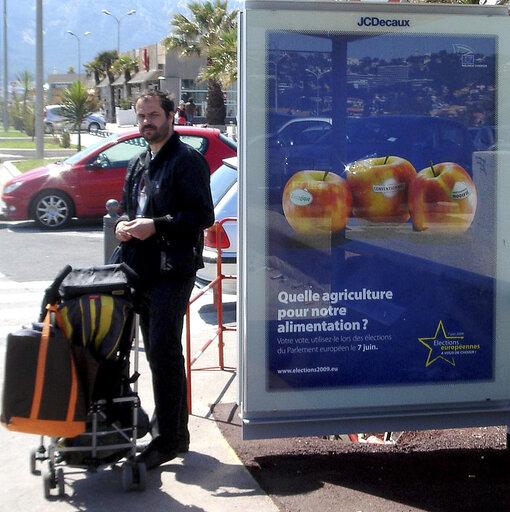
By the time the Lisbon Treaty came into force on 1 December 2009, not only had there been new elections but also a severe crisis had hit the global economy, with serious financial, social and political repercussions. The electorate’s choices were now more likely to be driven by fear, and managing those fears became one of the political representatives’ main tasks.
Certainly, some silver linings were to be found: the election of Barack Obama as President of the United States of America in 2008 heralded a new era in transatlantic relations; the greening of industrial production had become a ubiquitous motto. But would that be enough?
The turnout was 43 %. Jerzy Buzek, a former Polish Prime Minister, was elected president in 2009, becoming the first president from central and eastern Europe to hold the office. The German Martin Schulz then took over as president in 2012.
In 2010, the threat of Greece defaulting on its debts triggered the European sovereign debt crisis, and Ireland’s financial crisis was followed by lasting financial straits in many Member States, as being in the red went global. This Parliament also saw turmoil close to the Union’s borders: the Arab Spring, beginning in 2010, flared up in 2011, the same year that the war in Syria started. In 2013, the Euromaidan protests began in Kyiv, followed by Russia’s annexation of Crimea and war in the Donbas in 2014.





